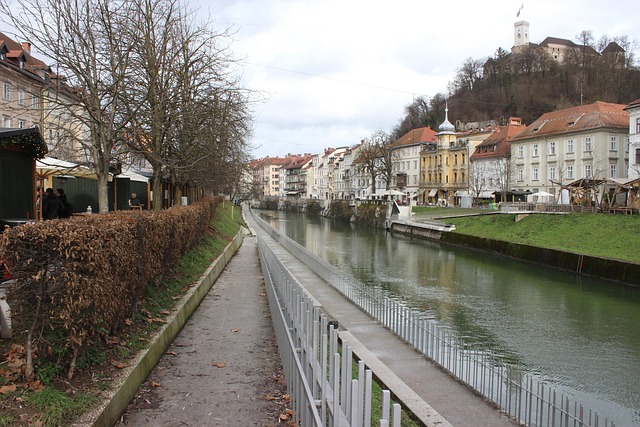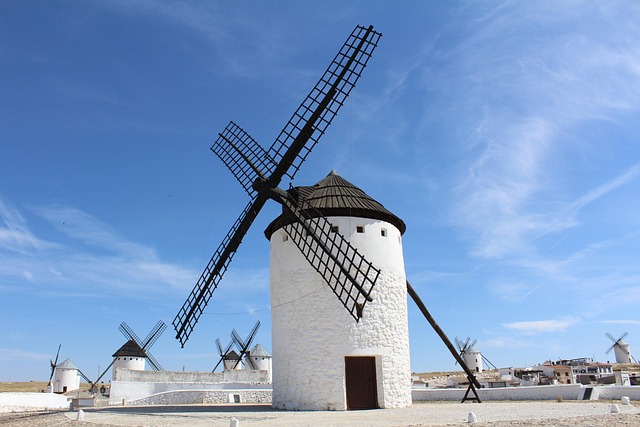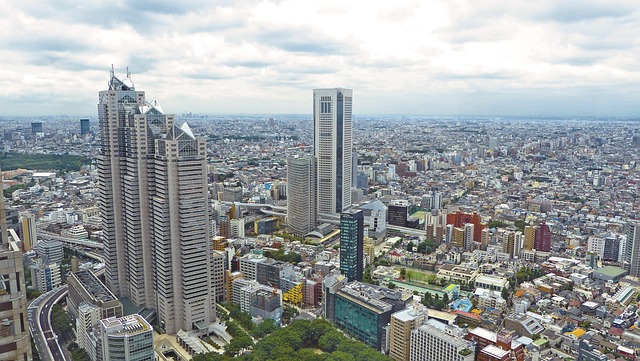Karachi's water supply faces challenges due to growing population and aging infrastructure, with fluctuations during peak hours and disruptions. Historical evolution from traditional rivers and wells to modern centralized systems has improved reliability. However, urbanization, natural disasters, and inefficient wastewater management pose significant issues. Adopting smart water technologies, recycling programs, conservation efforts, and public awareness are crucial for ensuring a resilient and reliable supply for Karachi's increasing population.
Karachi, Pakistan’s vibrant metropolis, presents unique challenges in water supply management, particularly in areas like Amil Colony. This article delves into the intricate history and current state of water provision in this bustling community. From traditional sources to modern infrastructure, we explore how Karachi’s water journey has evolved. Furthermore, it highlights existing challenges and offers insights into innovative future solutions that could revolutionize water management, ensuring a sustainable and robust supply for Amil Colony and beyond.
- Understanding Water Supply in Karachi's Amil Colony
- Historical Perspective: Water Source Evolution
- Current Infrastructure and Challenges Faced
- Future Solutions for Enhanced Water Management
Understanding Water Supply in Karachi's Amil Colony

Karachi, Pakistan’s bustling metropolis, presents a unique challenge when it comes to water supply, especially in residential areas like Amil Colony. The city’s ever-growing population puts immense pressure on its existing infrastructure, making efficient water distribution a complex task. Amil Colony, known for its vibrant community, relies on a combination of ground water sources and the city’s main water network to quench its thirst.
Understanding the dynamic nature of Karachi’s water supply is crucial for residents here. While the local government works tirelessly to maintain water pressure and ensure a steady flow, occasional fluctuations are not uncommon. During peak hours or in case of unforeseen disruptions, water may experience temporary dips. However, proactive measures like installing water storage tanks and efficient appliances can help mitigate these issues, ensuring a more consistent supply for everyday needs.
Historical Perspective: Water Source Evolution

The historical perspective of water supply in Karachi, especially in areas like Amil Colony, reflects a journey from traditional sources to modern infrastructure. In the early days, residents relied on natural water bodies such as nearby rivers and wells for their daily needs. These sources were not only unreliable but also prone to contamination without any proper sanitation measures. Over time, as the city grew, so did the demand for clean and consistent water supply. This led to the evolution of water source management in Karachi.
The introduction of centralized water supply systems in the late 19th and early 20th centuries marked a significant shift. The city began to tap into larger sources like the Indus River through pipelines, ensuring a more stable and healthy water flow for its residents. This historical transformation sets the stage for modern-day water distribution networks that are integral to the well-being of communities like Amil Colony in contemporary Karachi.
Current Infrastructure and Challenges Faced

The water supply infrastructure in Amil Colony, Karachi, is a complex network that has evolved over the years to cater to the growing population’s needs. The primary challenge lies in maintaining and updating this aging system, ensuring it can provide clean, safe drinking water consistently. The current setup includes a mix of traditional water distribution pipes, modern pumping stations, and storage tanks, all interconnected to deliver water across the colony. However, the network is susceptible to leaks, pipe corrosion, and occasional maintenance issues, leading to intermittent water supply disruptions.
One significant hurdle is the rapid urbanization of Karachi, which exerts immense pressure on the existing infrastructure. The increasing demand for water often exceeds the capacity of the current system, resulting in frequent water shortages. Additionally, the city’s vulnerability to natural disasters like floods poses a risk to the delicate balance of this life-sustaining resource. Moreover, the challenge of managing and treating wastewater efficiently adds complexity, as Karachi grapples with balancing its urban growth with sustainable water management practices.
Future Solutions for Enhanced Water Management

To meet the growing water demands of Karachi, future solutions should focus on sustainable and efficient water management strategies. Implementing smart water technologies such as advanced leak detection systems, real-time monitoring, and intelligent distribution networks can significantly reduce water losses and optimize usage. These digital solutions enable authorities to track water consumption patterns, identify areas of high demand, and promptly address any inefficiencies.
Moreover, promoting water recycling and reuse programs can alleviate the strain on fresh water sources. Treating and repurposing wastewater for non-potable applications like irrigation and industrial processes can free up supply for domestic use. Together with conservation efforts and public awareness campaigns, these innovative measures hold the key to ensuring a resilient and reliable water supply system for Karachi’s ever-growing population.
Karachi’s Amil Colony, with its evolving water supply history, faces contemporary challenges in infrastructure that hinder efficient water management. However, looking ahead, implementing future solutions such as improved distribution networks and sustainable water harvesting practices can ensure a reliable and secure water supply for the community. By addressing these issues, Karachi can move towards a brighter, more resilient future where every resident has access to this vital resource.
